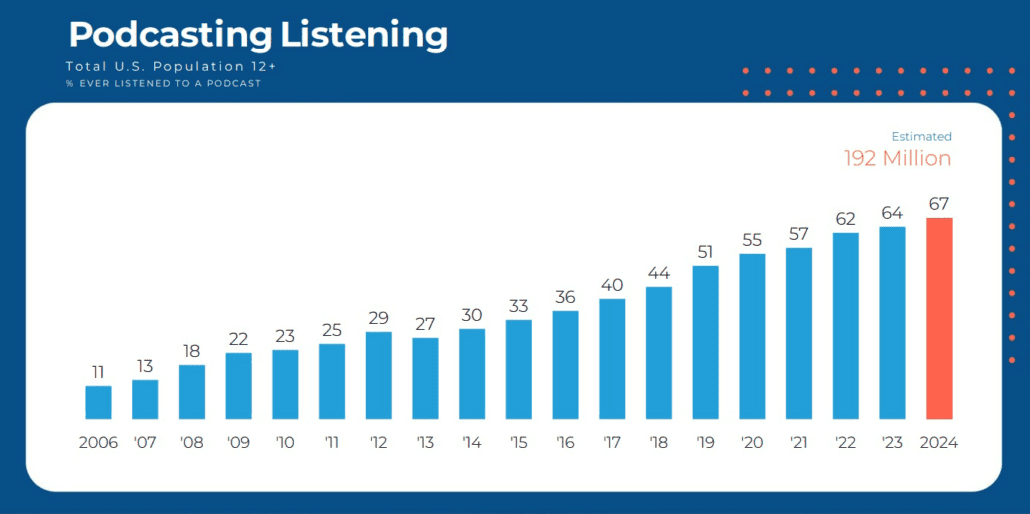General Motors announced yesterday it will invest $4 billion over the next two years across three U.S. plants in Michigan, Kansas, and Tennessee—bringing thousands of good union jobs back to the U.S.
This announcement marks a turning point in the long fight to reverse the damage caused by NAFTA and decades of so-called “free trade.” As auto tariffs help drive the return of production to the U.S., we’re beginning to undo the harm inflicted on blue-collar communities by policies that offshored jobs and gutted local economies.
By raising wages at GM globally, this shift signals the beginning of the end of the race to the bottom—where workers are forced to compete across borders over how little they can survive on, while corporations rake in billions.
“GM’s decision to invest billions in American plants and prioritize U.S. workers is exactly why we spoke up in favor of these auto tariffs,” said UAW President Shawn Fain. “The writing is on the wall: the race to the bottom is over. We have excess manufacturing capacity at our existing plants, and auto companies can easily bring good union jobs back to the U.S. They can prove the naysayers wrong by investing in our communities and putting workers before corporate greed. GM is showing that it can be done.”
The UAW has long called for an end to the unfair trade practices that allowed automakers to offshore U.S. jobs, slash wages, and shutter dozens of once-thriving plants. More than 2 million vehicles a year have disappeared from American production lines over the last decade, while factories across Mexico and low-wage regions flourished under an exploitative trade system.
“The UAW has always stood up for job security—and we are seeing results. In just the past two months, GM has announced five major investments in American auto plants. That’s no coincidence. Skilled UAW members in Michigan, Kansas, Tennessee, and beyond are the reason GM turns a profit,” said UAW Vice President Mike Booth. “It’s great to see the company reinvest in the union workforce that makes it all possible. Our members show their American Spirit and pride in building the world-class vehicles and components that keep this industry strong—right here at home.”
As the auto industry shifts its supply chains and capital investment back to the U.S., the UAW continues to push for a robust industrial policy:
- Strong tariffs on imported vehicles and parts to stop the offshoring of jobs.
- Renegotiation of USMCA, including enforceable labor standards and a North American minimum wage.
- Reshoring of the auto parts supply chain to ensure American manufacturing up and down the supply chain.
- Federal support to protect and create good auto jobs, not corporate giveaways.
- An end to stock buybacks and profit hoarding, so auto companies reinvest in jobs, wages, and U.S. manufacturing instead of enriching executives and Wall Street’s investor class.
Today’s announcement is a clear sign that with the right trade policies and worker-led organizing, the U.S. can rebuild its auto industry to work for working-class Americans—not just Wall Street. The announcement comes on top of GM’s nearly $1 billion investment in Tonawanda Propulsion and its $579 million investment at Flint Engine Operations. The Flint commitment was secured in the union’s 2023 national contract through the membership’s historic Stand Up Strike.
“We’ll work with anyone—Democrat, Republican, or independent—who’s serious about ending the ‘free trade’ disaster and building an economy that respects working-class people,” said Fain. “But let’s be clear: tariffs without worker power just mean bigger paydays for the boss. Tariffs increase profits—but only unions increase wages. Tariffs can protect an industry. Only unions can protect workers.”
This investment is a step in the right direction—but there’s much more work to do. To truly end the race to the bottom, we need enforceable protections for workers both in the U.S. and abroad. That means real rights on the job, the freedom to assemble and organize, and strong unions across borders. Trade policy without labor rights is just corporate welfare—and we won’t settle for that.
Ending offshoring and rebuilding the auto industry also means policies that help the entire working class: a strong National Labor Relations Board, secure retirements through Social Security, guaranteed health care through Medicare and Medicaid, and dignity on and off the job. This is how we ensure today’s gains become tomorrow’s standard—not just for autoworkers, but for all working-class people.

 Innovative Ideas: UI for Striking Workers
Innovative Ideas: UI for Striking Workers Podcast Statistics and Trends for 2025 (and Why They Matter)
Podcast Statistics and Trends for 2025 (and Why They Matter)




UAW Statement on the Republicans’ Anti-Worker Budget Reconciliation Bill
BOSK Workers Call on NLRB to Step In: “We Deserve a Fair Shot at a Union Vote”
UAW Statement on New York Mayoral Primary Race